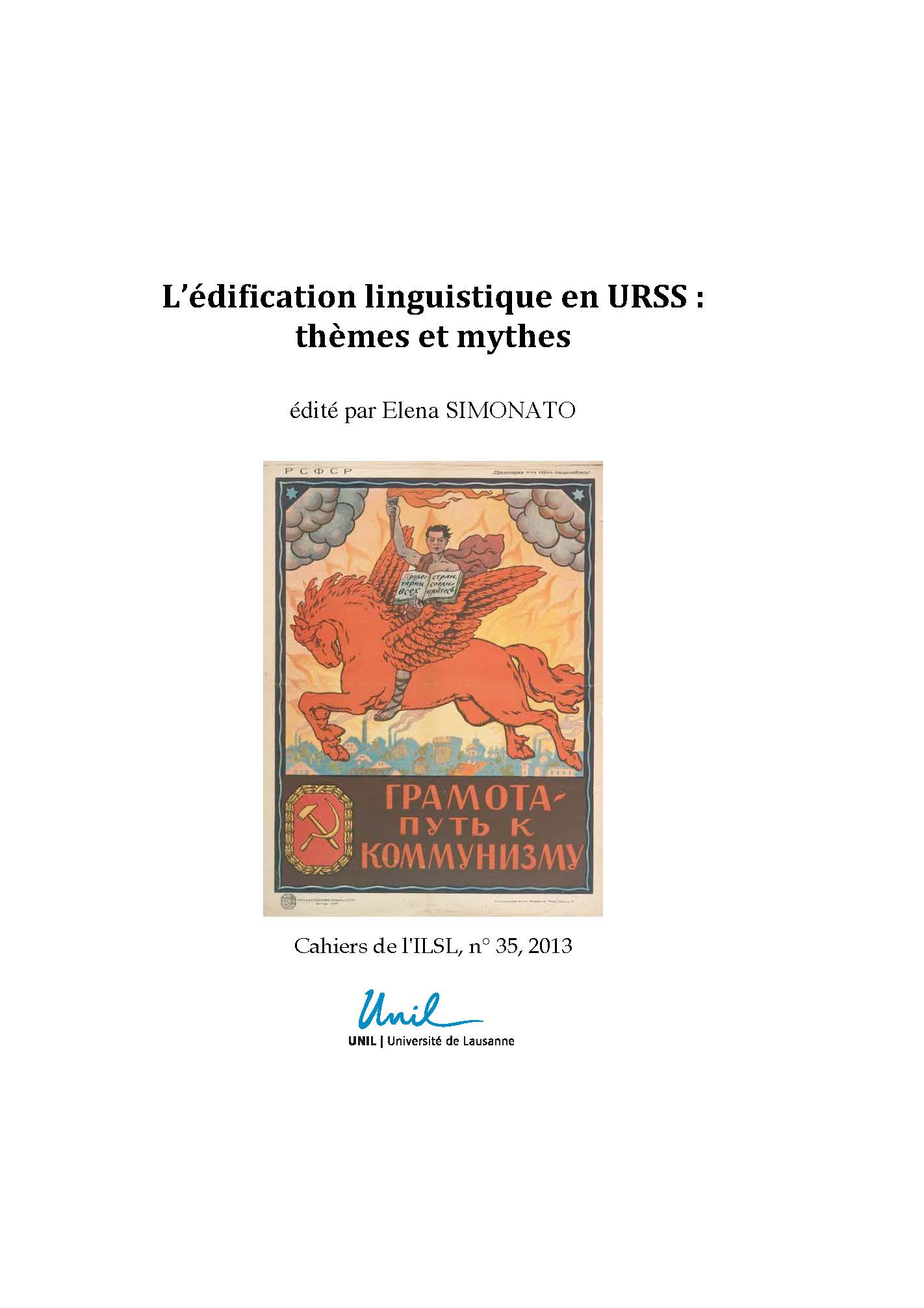Résumé
This article analyses language policy in Soviet Kalmykia in the 1920s-40s. It argues that the ill-thought alphabet reforms which entailed three changes of the Kalmyk language script in less than fifteen years contributed to the general failure of the rootinisation policy in the republic and resulted in a decline in Kalmyk language proficiency among its native speakers and a disruption in its written culture. Exacerbated by the deportation of Kalmyks in 1943 to Siberia, the Kalmyk language risked undergoing a radical language death, and is currently experiencing a gradual language shift, with Kalmyk listed as a «definitely endangered» language in the UNESCO Atlas of Endangered Languages. The article seeks to demonstrate how political expediency of Soviet language reforms and nationality policies led to a paradox when the predominantly Kalmyk-speaking community in the 1920s lost their native language in the course of a century.

Cette œuvre est sous licence Creative Commons Attribution 4.0 International.
